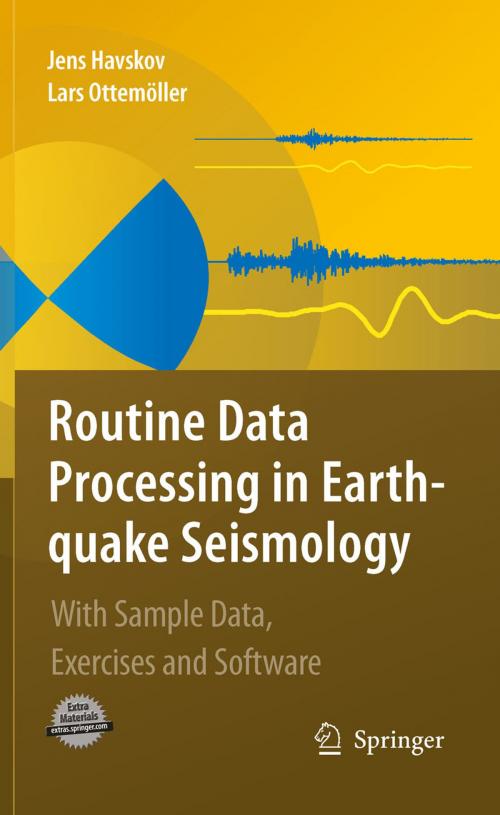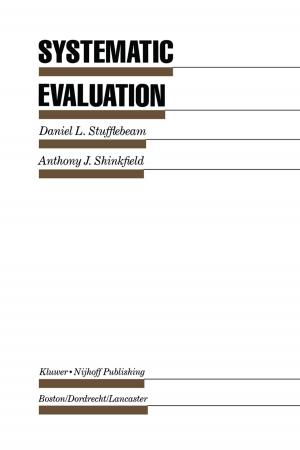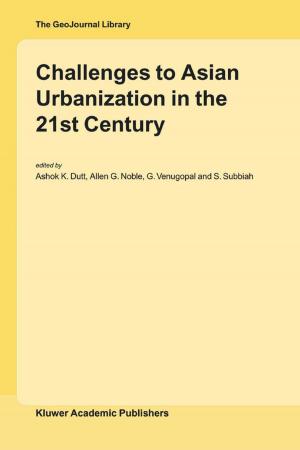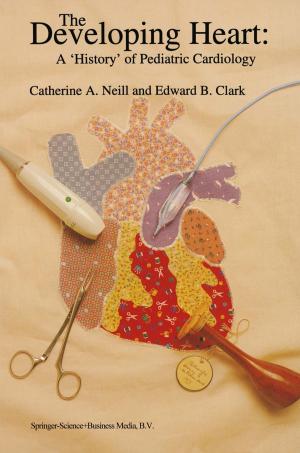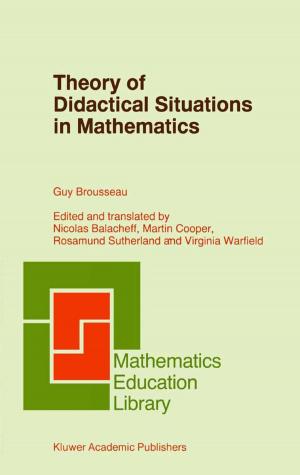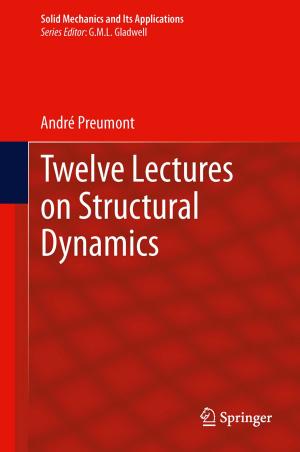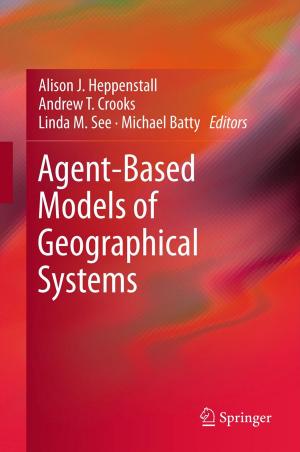Routine Data Processing in Earthquake Seismology
With Sample Data, Exercises and Software
Nonfiction, Science & Nature, Science, Earth Sciences, Geophysics, Geology| Author: | Jens Havskov, Lars Ottemoller | ISBN: | 9789048186976 |
| Publisher: | Springer Netherlands | Publication: | June 16, 2010 |
| Imprint: | Springer | Language: | English |
| Author: | Jens Havskov, Lars Ottemoller |
| ISBN: | 9789048186976 |
| Publisher: | Springer Netherlands |
| Publication: | June 16, 2010 |
| Imprint: | Springer |
| Language: | English |
The purpose of this book is to get a practical understanding of the most common processing techniques in earthquake seismology. The book deals with manual methods and computer assisted methods. Each topic will be introduced with the basic theory followed by practical examples and exercises. There are manual exercises entirely based on the printed material of the book, as well as computer exercises based on public domain software. Most exercises are computer based. The software used, as well as all test data are available from http://extras.springer.com.
This book is intended for everyone processing earthquake data, both in the observatory routine and in connection with research. Using the exercises, the book can also be used as a basis for university courses in earthquake processing.
Since the main emphasis is on processing, the theory will only be dealt with to the extent needed to understand the processing steps, however references will be given to where more extensive explanations can be found.
Includes:
• Exercises
• Test data
• Public domain software (SEISAN)
available from http://extras.springer.com
The purpose of this book is to get a practical understanding of the most common processing techniques in earthquake seismology. The book deals with manual methods and computer assisted methods. Each topic will be introduced with the basic theory followed by practical examples and exercises. There are manual exercises entirely based on the printed material of the book, as well as computer exercises based on public domain software. Most exercises are computer based. The software used, as well as all test data are available from http://extras.springer.com.
This book is intended for everyone processing earthquake data, both in the observatory routine and in connection with research. Using the exercises, the book can also be used as a basis for university courses in earthquake processing.
Since the main emphasis is on processing, the theory will only be dealt with to the extent needed to understand the processing steps, however references will be given to where more extensive explanations can be found.
Includes:
• Exercises
• Test data
• Public domain software (SEISAN)
available from http://extras.springer.com
